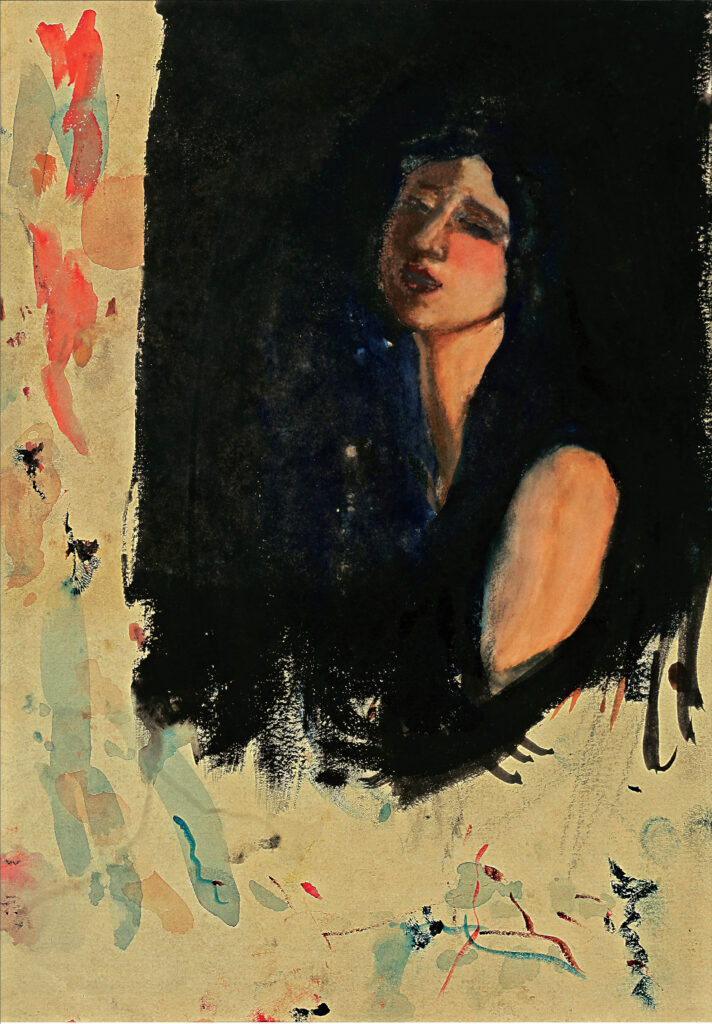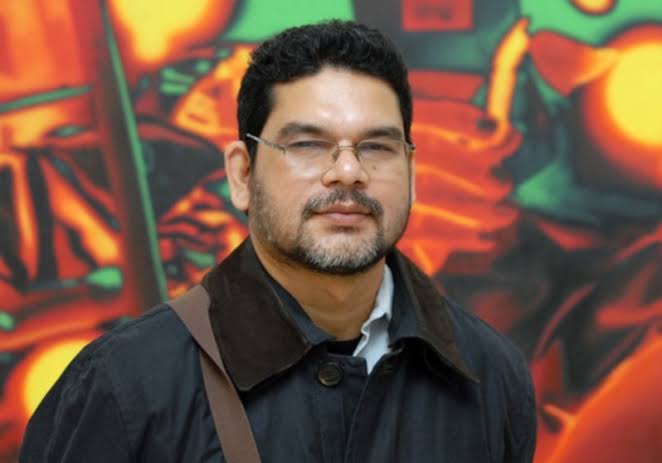Sunny Chandiramani has been part of AstaGuru for over a decade, actively participating in more than 50 auctions. Her extensive experience goes beyond just understanding the significance of each artwork; she possesses a deep knowledge of market fundamentals and data, making her a seasoned professional in the field. Established in 2008, AstaGuru was founded with the mission of creating a secure and reliable platform for online auctions. The name “AstaGuru” is a deliberate fusion of the Italian term “Asta,” meaning auction, and a Sanskrit word signifying “master,” reflecting our exceptional expertise in auctioneering art and treasures in India.
AstaGuru has evolved, conducting curated auctions across various categories such as heirloom jewellery, silver, and timepieces over the years. Sunny reflects on her time at AstaGuru, expressing gratitude for the significant learning and growth opportunities. She emphasises the satisfaction derived from curating each auction catalogue, providing her with a deeper understanding of the artistic evolution of numerous renowned artists who have left a lasting impact on the modern Indian art scene.
1. What is it like to be a Woman Leader in an Auction House?
It’s a very proud feeling. However, what makes me happier is that women are playing important roles in almost every department at AstaGuru. Whether it is a forefront role such as client relations and auction curation or working behind the scenes in departments such as Restoration, Marketing or Content, women are integral to the overall functioning of AstaGuru. While I am of the view that success and achievements should not be analysed from the standpoint of gender, it makes me truly ecstatic that AstaGuru takes the spirit of gender equality very seriously and has been a staunch advocate of the same. Our CEO, Mr. Tushar Sethi, is to be credited for this as he has been a consistent source of inspiration and encouragement to each one of us through the years.
2. Could Sunny share her story of leading 50+ successful auctions and highlight key elements contributing to her success in this competitive environment?
Since joining AstaGuru in 2013, my experience has been incredibly rewarding as I delved into the intricate details of Modern Indian Art. Transitioning from a non-art background, my journey has involved a significant learning curve. Whether it’s recognising milestones achieved by revered Indian modernists or studying the overall evolution of Modern Indian Art, I’ve engaged in continuous exploration, research, and learning to cultivate a keen eye for the auction industry. Each auction has contributed to my growing confidence.

3. How does Sunny view the evolving roles of women in the Artworld from an industry perspective, and in what ways are they inspiring others?
The past few decades have played a crucial role in elevating the recognition of women in the art world. Women artists have left a lasting impact with grand retrospectives at esteemed institutions sparking a surge of interest in the artistic achievements of Indian women. Notable examples include Arpita Singh’s retrospective, ‘Six Decades of Painting,’ at the Kiran Nadar Museum of Art in New Delhi and Nalini Malani’s retrospective at the Centre Pompidou in Paris, both earning consistent critical acclaim. The art market has witnessed remarkable auction results for works by women artists, prompting the collector community to take notice and acknowledge their mastery. These triumphs signify a significant shift in the Indian art market, recognising and honouring women artists with the recognition they have long deserved.
Esteemed contemporary artists such as Anju Dodiya and Bharti Kher have also received praise for their distinctive works and practices, echoing the recognition seen in various aspects of the Indian art world. Whether in the roles of collectors, bidders, gallerists, art writers, or critics, women are shattering the glass ceiling on a global scale. The trend continues in the auction industry, where women actively contribute to various facets of auction house operations. Their involvement extends to outstanding curation and restoration work, as well as supporting departments like Logistics, Marketing, PR, and Content, showcasing the diverse and impactful roles women play in shaping the art landscape.
4. What are Sunny Chandiramani’s top 3 favourite Women Artists, and what qualities in these artists does she find inspiring?
My choice would be Amrita Sher-Gil, as she undeniably stands as one of the preeminent avant-garde women artists of the early 20th century, credited with single-handedly elevating Indian art onto the global stage. Even after eight decades since her untimely passing in 1941, she remains the focal point of numerous auctions and exhibitions showcasing Indian art. Another artist I deeply appreciate is Meera Mukherjee, celebrated for her distinctive creations. Her artistic journey featured innovative bronze casting techniques, and she played a pivotal role in refining traditional Dhokra style sculpture by incorporating lost-wax casting methods, acquired during her time among artisans in the Bastar region of central India. I’m also an avid admirer of Arpita Singh’s work. With a unique style and technique, each of her compositions narrates its own story. I particularly value her exploration and presentation of women’s lives, weaving a complex tapestry drawn from diverse sources, including personal experiences, mythology, fiction, and Bengali folklore.

5. Finally, what advice does Sunny have for the next generation of Women aiming to make an impact in the ArtWorld? How can they navigate challenges and build successful careers in this dynamic industry?
The Indian art scene thrives with a multitude of artists, each possessing a unique visual language. Engaging with various mediums, these artists continually explore, pushing the boundaries of traditional art definitions. My advice to all, including women artists, is to remain authentic in your artistic expression and maintain an open mindset towards continuous learning. The nuances of the art world are ever-evolving, making the journey of understanding a perpetual process.
AstaGuru
Head Office Hargovindas Building, 2nd Floor, K. Dubash Marg, Kala Ghoda, Fort, Mumbai – 400 001.
Gallery 22/26 ICIA Building, K. Dubash Marg, Kala Ghoda, Fort, Mumbai – 400 001.




